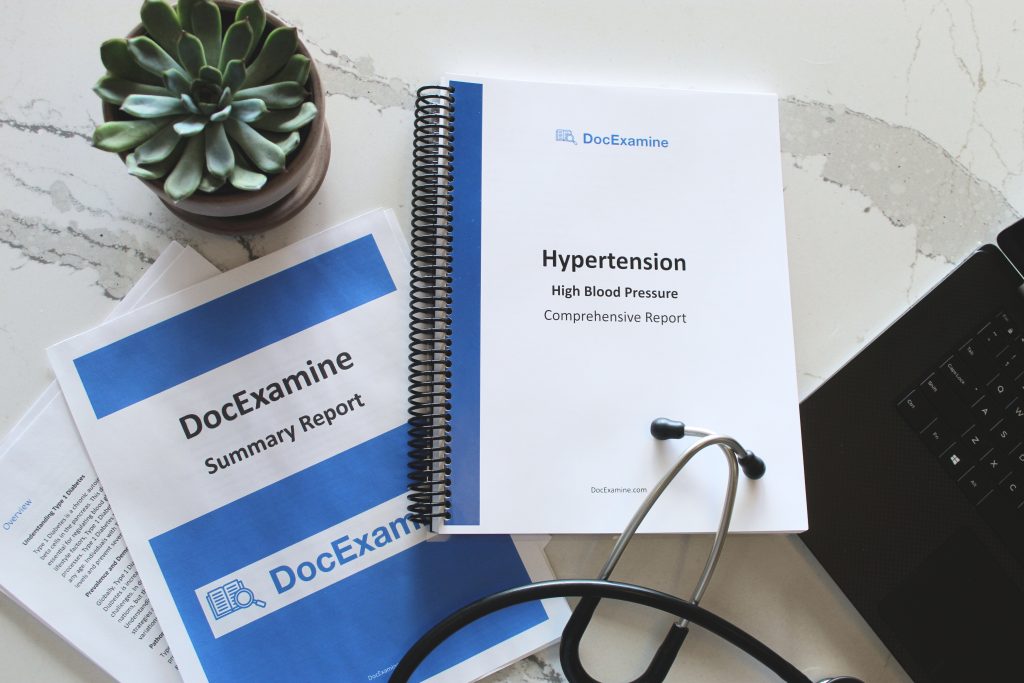
When you picture heart disease, you might imagine an overweight, middle-aged man clutching his chest. But here’s the truth: coronary artery disease (CAD) doesn’t discriminate—and its presentation in women is uniquely different. Emerging gender-specific research is challenging outdated stereotypes and urging women to take control of their heart health.

The Hidden Reality of CAD in Women
For years, heart disease was labeled a “man’s disease,” which led to diagnostic and treatment strategies that often overlooked the nuances of CAD in women. Studies now reveal that women not only experience different symptoms but also have distinct risk factors. Unlike men, whose hallmark symptom is crushing chest pain, women may suffer from:
- Subtle chest discomfort that comes in waves
- Shortness of breath or extreme fatigue
- Nausea or indigestion mistaken for a simple stomach upset
- Pain in areas like the jaw, neck, or back
These atypical presentations contribute to underdiagnosis and delayed treatment—issues that can have fatal consequences.

Unique Risk Factors: Beyond the Usual Suspects
Women face certain risk factors that are either unique or more pronounced compared to men. Pregnancy-related complications, for instance, can leave lasting imprints on a woman’s cardiovascular system. Conditions such as:
- Preeclampsia and gestational diabetes
- Pregnancy-induced hypertension
- Postpartum heart issues
…are emerging as significant predictors of future CAD. These factors, combined with traditional risks like high blood pressure and abnormal cholesterol levels, mean that comprehensive heart testing is essential for women.
Why Gender-Specific Research Matters
Recent data underscores the importance of studying CAD through a gendered lens. Research has demonstrated that:
- Women are more likely to be misdiagnosed due to their less “classic” symptom profiles
- Outcomes for women worsen when heart disease is not recognized early
- Unique biomarkers in women can predict long-term cardiovascular risk
This surge in gender-specific research is shifting the paradigm. It’s not just about treating heart disease; it’s about understanding the full picture of women’s heart health—from hormonal influences and genetic predispositions to the long-term effects of pregnancy.
Advocating for Comprehensive Heart Testing
Given these revelations, it’s time for every woman to advocate for her own heart health. Here are a few proactive steps:
- Request Comprehensive Screening: Ask your healthcare provider for advanced tests that go beyond standard cholesterol checks. Biomarkers such as high-sensitivity C-reactive protein (CRP) and lipoprotein(a) can provide deeper insights.
- Discuss Pregnancy-Related Risks: If you’ve experienced complications during pregnancy, make sure to share this with your doctor. These factors can significantly elevate your CAD risk.
- Stay Informed: Follow the latest research and guidelines. Knowledge is power—especially when it comes to preventing a leading cause of death in women.

The Future of Women’s Heart Health
The growing spotlight on gender-specific CAD research is a game-changer. It’s paving the way for more personalized treatments and earlier interventions tailored to women’s unique needs. As medical professionals and researchers work together, we can expect:
- Improved diagnostic protocols that capture the atypical presentations of CAD in women
- Targeted therapies that address the specific risk profiles of women
- Enhanced public health campaigns that debunk myths and encourage preventive measures
Ultimately, this shift not only saves lives—it empowers women to demand the best care. After all, when it comes to heart health, one size does not fit all.
Take Action Today!
Don’t let outdated myths hold you back. If you’re a woman, speak up at your next doctor’s visit about comprehensive heart testing. Understanding your unique risk factors could be the difference between life and death. Your heart deserves research and care that truly reflects YOU.
Read More
- Coronary Artery Disease: The Silent Epidemic Affecting Millions

- The Shocking Truth About Hidden Risk Factors: How to Spot CAD Before It Strikes

- Fatty Streaks to Fatal Events: How Plaque Formation Escalates into Heart Attacks

Sources:
- Elizabeth Yuko, PhD. “These 3 Tests Could Help Predict Risk of Heart Attack, Stroke in Women, New Research Shows.” Health.com. Retrieved from https://www.health.com/blood-test-heart-attack-stroke-risk-in-women-8705902
- Iftikhar SF, Biswas M. “Cardiac Disease in Pregnancy.” StatPearls. Updated July 10, 2023. Available at https://www.ncbi.nlm.nih.gov/books/NBK537261/
- Maas AH, Appelman YE. “Gender differences in coronary heart disease.” Neth Heart J. 2010 Dec;18(12):598-602. doi: 10.1007/s12471-010-0841-y. Full text available at https://pmc.ncbi.nlm.nih.gov/articles/PMC3018605/


